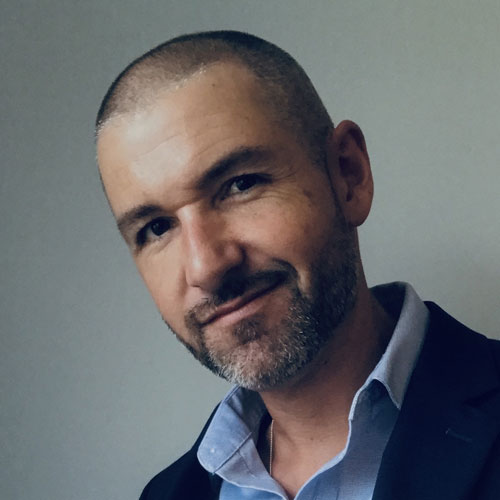Men’s Mental Health
Are you struggling with relationship conflicts, facing difficult life transitions, or feeling stuck in your personal growth?
You’re not alone.
Many men find themselves grappling with these challenges, often feeling overwhelmed, frustrated, or unsure of where to turn. Society often tells men to "tough it out" or "handle it on their own," leaving you feeling like you're failing if you seek help.
The truth is, seeking therapy isn’t a sign of weakness—it’s a brave step toward real change.
Whether it’s navigating a tough breakup, adjusting to a new career, or confronting your emotions in a world that encourages emotional suppression, the pressure can feel unbearable. If you don’t address these issues, they can start to affect your relationships, career, and overall well-being. The weight of these unspoken struggles can lead to anxiety, depression, or a sense of disconnection from others.
At NWOCC, we understand the unique challenges men face when it comes to mental health. Our therapy approach is designed to meet you where you are—with empathy, respect, and a deep understanding of societal pressures. We know that men often face cultural expectations that make it harder to talk about their struggles. Whether it’s the pressure to “be tough” or the fear of being judged, we create a safe, non-judgmental space for you to explore and express yourself openly.


Our goal is simple: We want to help you navigate life’s challenges with greater balance, resilience, and confidence. By working together, we’ll empower you to make lasting changes that align with your values and goals. Whether you’re working through personal issues, navigating a major life transition, or striving for personal growth, we’re here to guide and support you every step of the way.
Don’t wait to make this change. Reach out today for a free consultation and start your journey toward a healthier, more fulfilled life. Take the first step—we’re here to help.

“Man Up”: The Importance of Men’s Mental Health
It’s crucial that everyone’s mental health is prioritized, but focusing on mental health as auniversal issue can sometimes overlook the unique challenges faced by specific





